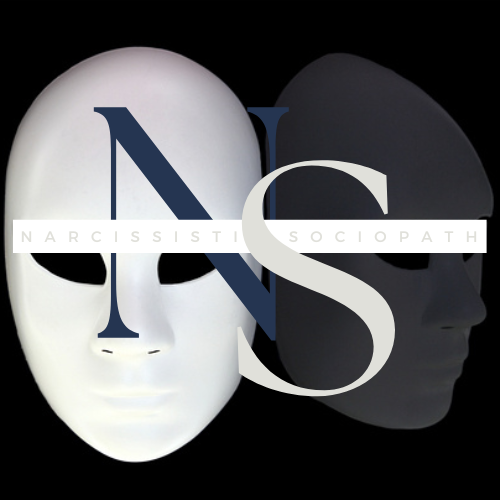A Mindful Approach to Recovery Maintenance
Returning to earlier stages to heal at a deeper level. (Shannon Thomas)
DISCLAIMER: Narcissists are not all male. Using male pronouns to reference the narcissist and female pronouns to reference the victim-survivor is not an indication of the clinical data on gender in narcissism, but rather an editorial choice. This blog is written for female survivors of male perpetrators.
Unpacking intermediate beliefs.
These are ‘the rules’ that govern a lot of our thinking and decision-making, many of which we were blissfully unaware. For many victims of male narcabuse, there is a feminist awakening about now. We have grown past the necessary self-focused stage of trauma recovery and are looking outwards again, noticing things we previously took for granted.
We might experience horror, aversion or renewed despair when we see the world as it really is, now that our bubbles have burst. We can feel grief for our loss of innocence and wish to go back to the way we thought things were before. But a mind stretched by trauma and awakening can never go back to its former proportions. The demands on our reserves of courage are still being made.
Heal at a deeper level.
We were a target for manipulation because of our own weaknesses and a target for parasitic supply because of our own strengths. Hidden in our subconscious are the childhood (or former trauma) wounds that the narcopath tore open. These are the gaps in our consciousness that created the wound into which the narcopath could plunge his dagger and create the worst pain we have ever endured: fear of abandonment, body-image issues, fear of rejection, people-pleasing to get love from an external source. Whatever.
Many of us will recognise that we developed a preference for people who are incapable of loving us unconditionally a long time ago (children of narcissists in particular). Some of us have already experienced abuse as children or teenagers. As conscientious types, we might have ‘worked on’ these things before (and thought we had them all sorted when we met the psycho).
Get out there and try every energetic body-based and mindfulness-based therapy until you find something that works for you. Stop re-telling your story. I know you desperately want to be understood, but telling the story in an effort to be understood only re-traumatises you. Trust yourself. Don’t blindly absorb the opinions of ‘experts’, including mine. You’ll find what works for you.
Managing PTSD.
PTSD is a known condition in people who experience violence or life-threatening incidents. In Australia, the ‘expert’ professional communities are slow to recognise psychological, emotional, social and financial abuse over extended periods as a cause of PTSD or CPTSD (previous abuse traumas that resurface as a result of the current abuse). By now we understand that we are suffering a condition that is as yet, un-labeled and misunderstood in mainstream society – Narcissistic Abuse Syndrome.
Everybody’s experience of PTSD will be different. We need to walk a fine line between believing we can eventually recover fully and accepting that the condition goes in and out of remission. During the acute stage, we probably came to know what triggers anxiety, panic attack and the accompanying nutty behaviour. Now, life is about attending to our own nurturance and self-care all the time.
This can be difficult to accept for people who have formerly prioritised caring for others and let their own health take care of itself. Triggers might be visual, auditory, kinesthetic or empathic (traumas suffered by other people or depicted in media). As much as we aim to be mindful, we also need to plan our lives around what we know to be safe and what we suspect might be triggering. Staying in remission means replacing continual hyper-vigilance for threat with continual diligence around self-care.
Restoring purpose. Build a new life that is closely aligned with core values.
If we sacrificed our careers, friends, homes, families, countries to make the narcopath our purpose in life, believing he was our soulmate and we were destined to be together for the rest of our lives, restoring purpose can take some time and soul-searching.
Pathological relationships can have devastating impacts to our core values, causing moral injury and PTSD. Bring your values up into the light. Newfound compassion, resilience and courage along with the wounds to the soul will have shifted your values. A values-driven, purposeful life is a recipe for happiness. Shine the light of awareness on the values that are of most importance to you.
The Narcissist becomes irrelevant.
The final stage. You are free.
ENDNOTE
Almost without question, the practice of Mindful Self-Compassion - learning how to be my own best friend - has been the single most effective therapeutic recovery tool for me. It’s more than our Christian-derived notion of ‘forgiveness’. It’s more than taking responsibility for my own wrongdoing, apologising to people I believe I have wronged and taking steps to put things right (as taught in many New Age and traditional philosophies). Learning to overwrite the conditioned self-blame, shame and social comparison messages continually fed to my mind by a harsh inner critic (the voices of my mother, siblings, childhood abuser). It is, quite simply, learning to be kind to oneself.
©Margot MacCallum 2023

